A total of 16 international rights organisations today expressed concern regarding the “restrictive electoral environment” surrounding the 11th general election in Bangladesh slated for tomorrow.
The rights bodies issued a joint statement in this regard today.
“Ever since the election was announced, the government of Bangladesh has embarked upon a crackdown on civil society, the opposition, and the media, undermining any semblance of a democratic process. This places a severe strain on the waning health of democratic engagement in Bangladesh, and compromises the integrity of the upcoming election,” the statement read.
“According to media reports as of December 26, since the allotment of electoral symbols (during the campaign period) on December 10, there have been at least 30 reported attacks on opposition motorcades, 207 incidents of violence took place in 159 constituencies, at least 43 candidates of the Jatiya Oikyafront were attacked and 13 candidates were seriously injured, 17 opposition candidates were arrested, while the High Court Division of the Supreme Court disqualified BNP candidates of 23 constituencies,” the statement said.
The statement mentioned that five persons were killed and 2682 were injured in election-related violence during this reporting period.
The statement also read that reports have surfaced of opposition members being beaten, their party houses being razed to the ground, female candidates being attacked, and opposition campaign rallies being accosted.
“These attacks are meant to instil fear in the minds of Bangladeshi voters, and thus undermining the prospects of a level electoral playing field,” the rights bodies said.
“The credibility of an election is not defined solely on competitiveness and orderliness of the process, but most importantly on the quality of the electoral environment. As the election draws near, independent civil society organisations and media have experienced restrictions on their operations,” they also said.
The organisations also expressed concern over the restrictions that are “reflected in the sharply decreasing number of election monitors interested in participating in observing the election.”
“It was reported that there were only 34,838 observers who expressed interest to monitor the polls, as of December 19. A Bangladesh Election Commission official relayed that, of this number, only around 26,000 observers will be granted accreditations,” they said in the statement.
“Such a decrease in the number of election observers indicate a common feeling of discouragement due to a hostile political environment and the presence of hurdles or selective accreditation imposed on the civil society in gaining accreditation.”
“With the climate of violence perpetrated by the security forces, the weaponisation of law and judicial agencies against the opposition, the hostility against civil society, and intimidation of the media, the situation effectively places Bangladesh in a controlled environment that disregards the free will of the people, and is not in line with the principles of democratic elections,” the statement also read.
“As a result of the prevailing conditions in the country, we express our doubts regarding the integrity and credibility of the upcoming election, which cannot be considered a free and fair process under any reasonable yardstick,” it added.
The endorsing organisations are: Asian Human Rights Commission (AHRC); Asian Network for Free Elections (ANFREL); Global Network of Domestic Election Monitors (GNDEM); International Federation for Human Rights (FIDH); Centre for Monitoring Election Violence (CMEV), Sri Lanka; Free and Fair Elections Network (FAFEN), Pakistan; Komite Independen Pemantau Pemilu (KIPP), Indonesia; Malawi Electoral Support Network (MESN), Malawi; MARUAH, Singapore; National Citizens’ Movement for Free Elections (NAMFREL), the Philippines; People’s Alliance for Credible Elections (PACE), Myanmar; People’s Action for Free and Fair Elections (PAFFREL), Sri Lanka; Perkumpulan untuk Pemilu dan Demokrasi (PERLUDEM), Indonesia; Transparency Maldives (TI-M), the Maldives; Zimbabwe Election Support Network (ZESN), Zimbabwe; and Committee for Free and Fair Elections in Cambodia (COMFREL), Cambodia.


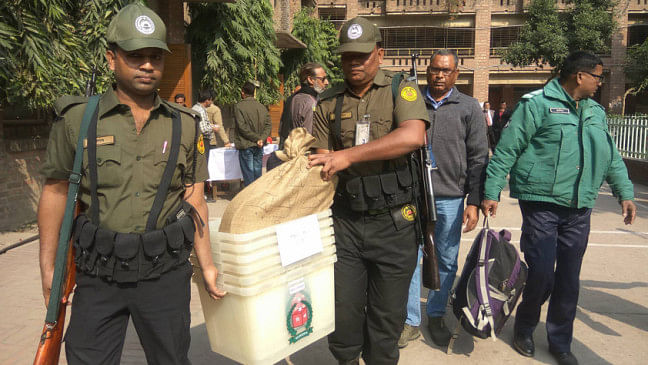
 For all latest news, follow The Daily Star's Google News channel.
For all latest news, follow The Daily Star's Google News channel. 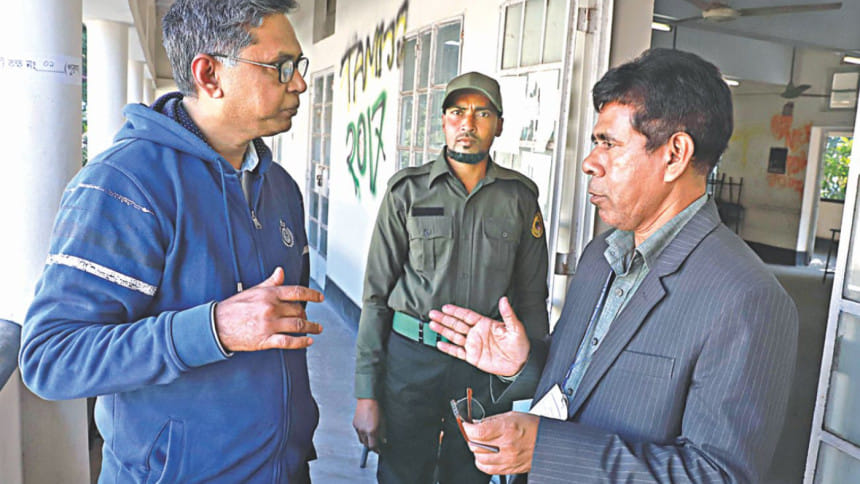
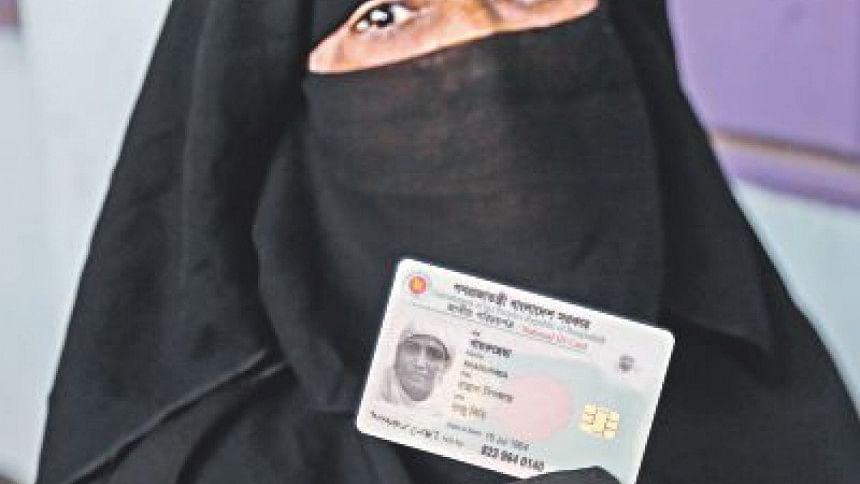
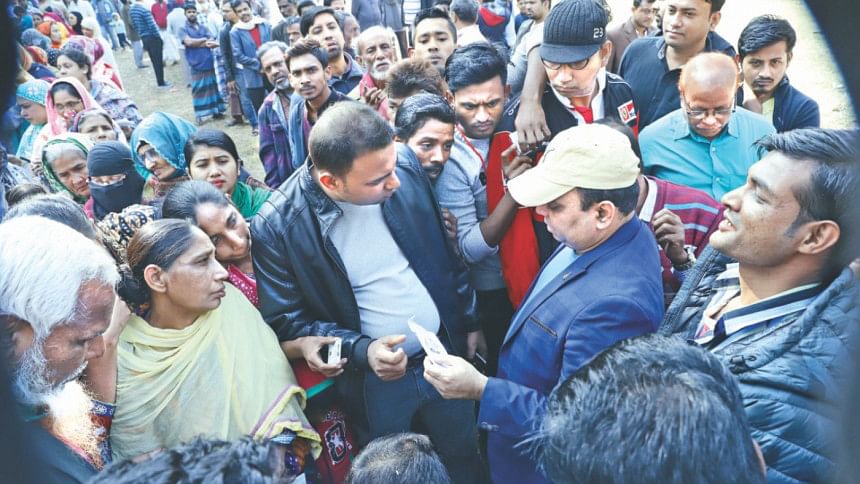
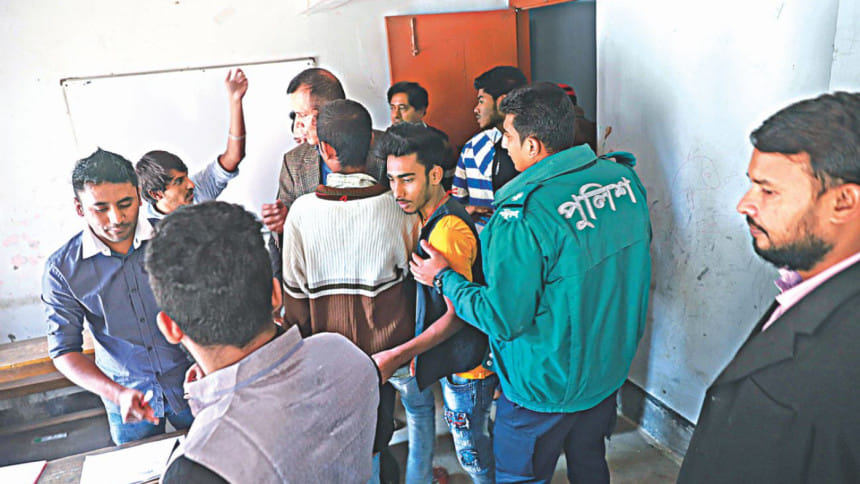
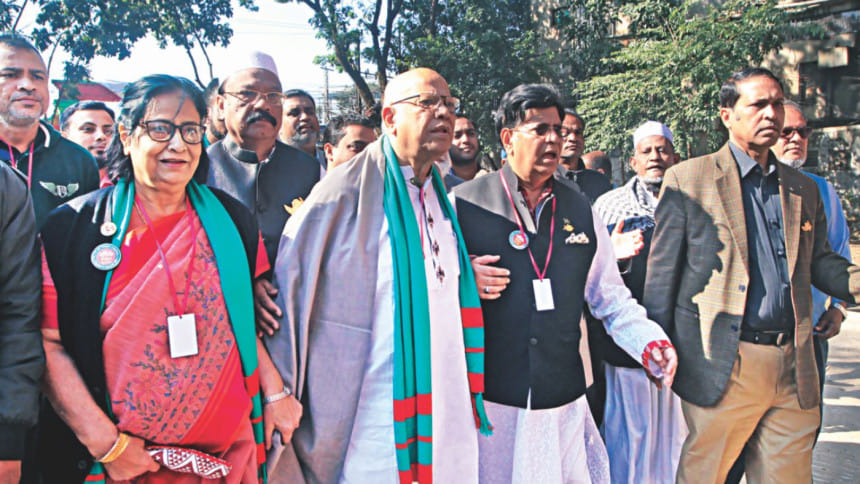
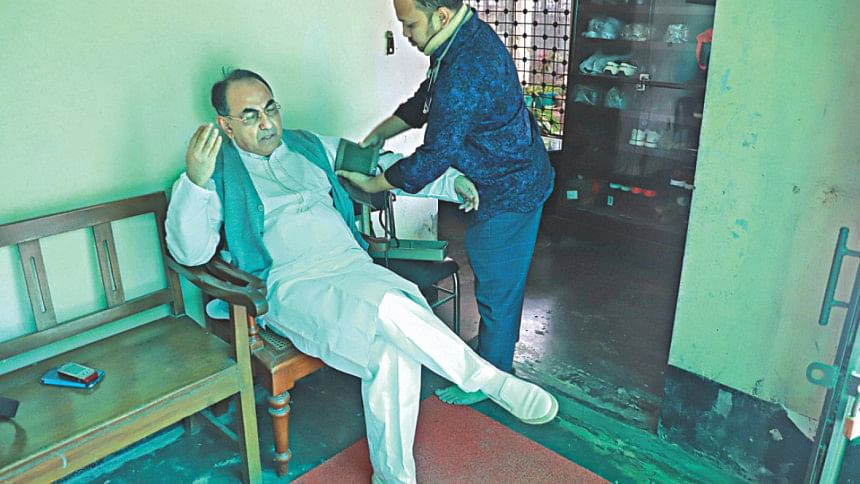
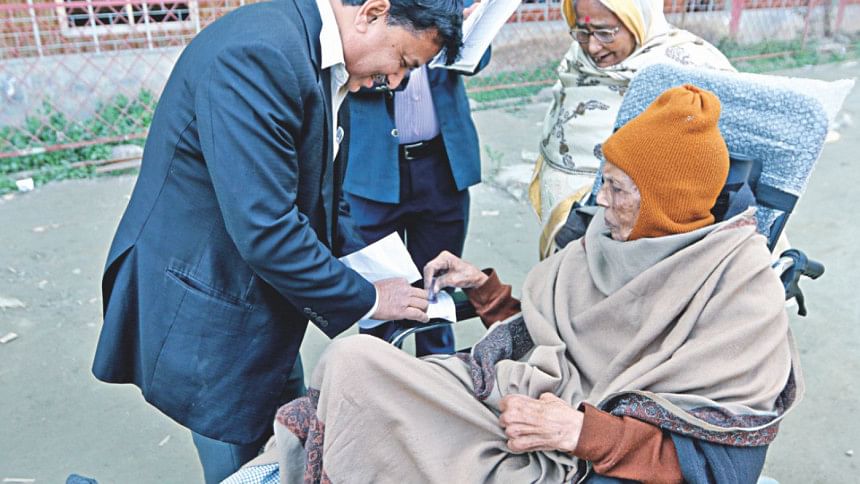
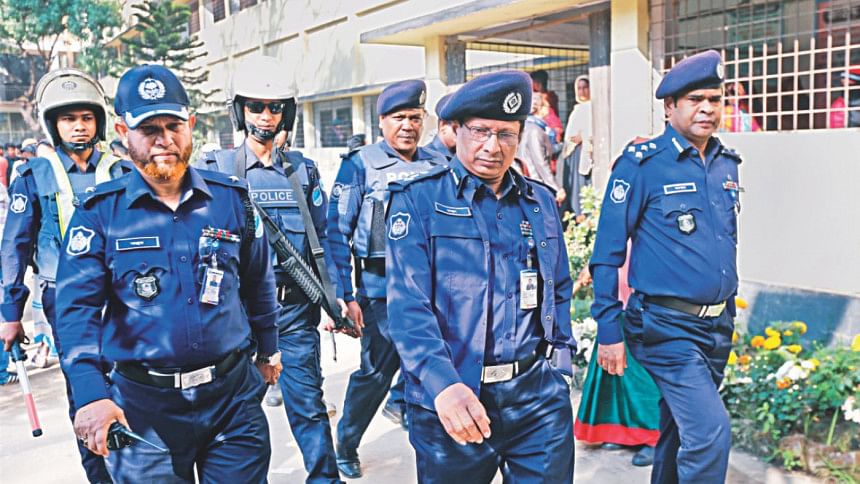
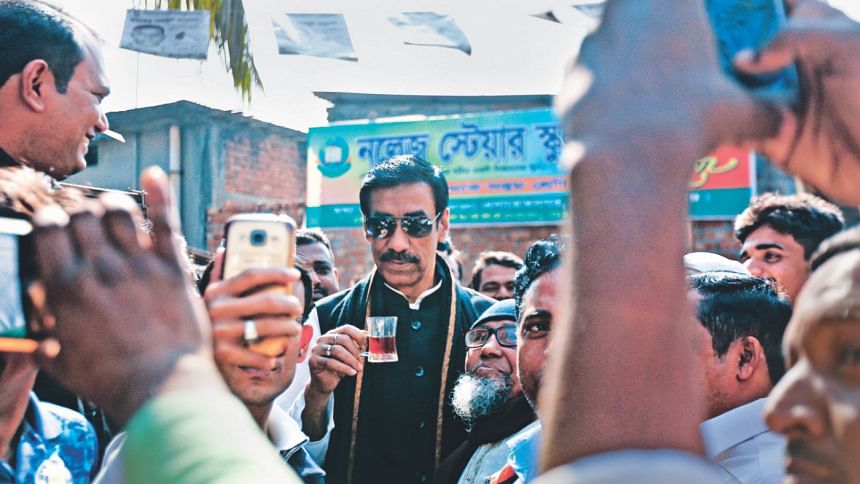
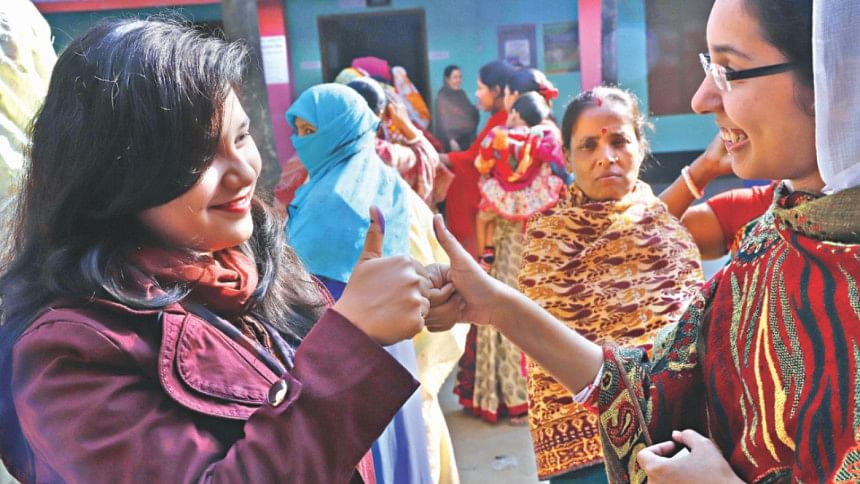
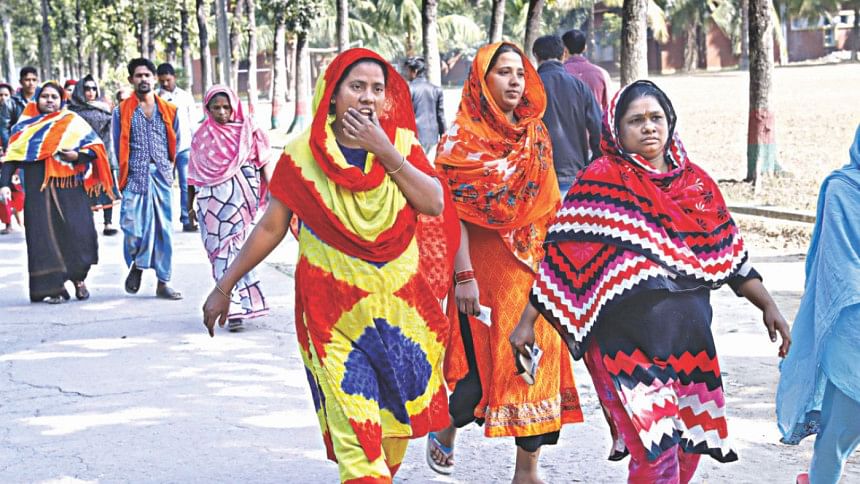
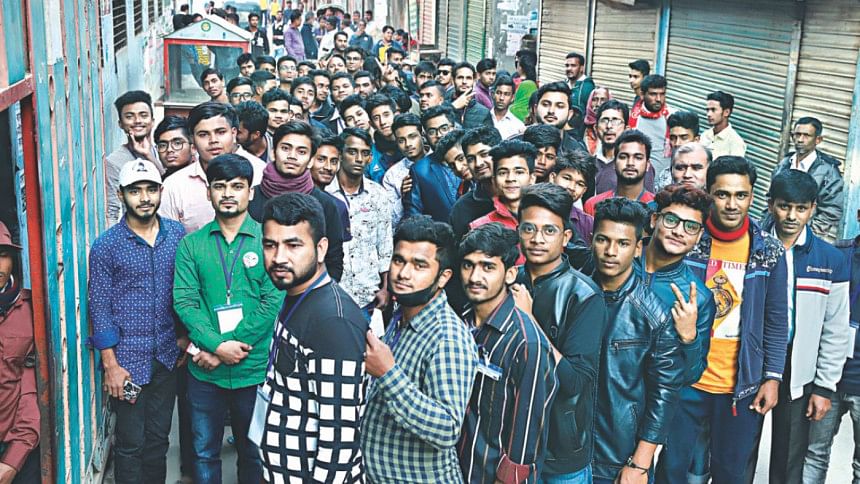
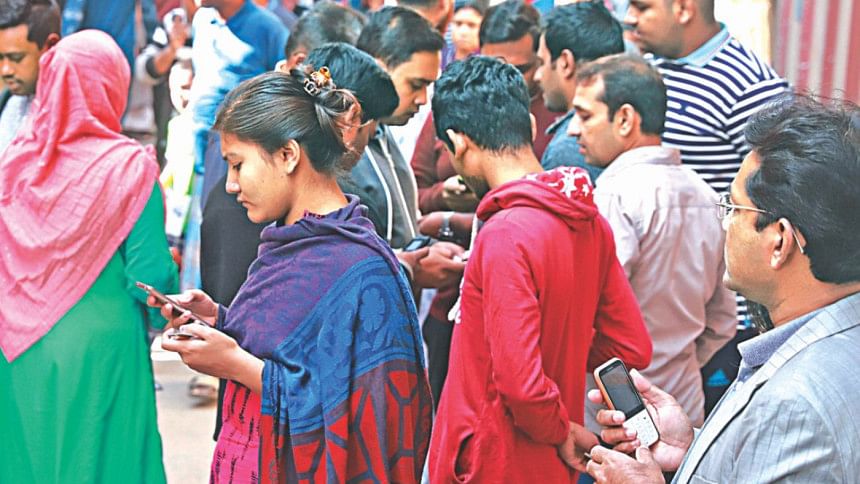
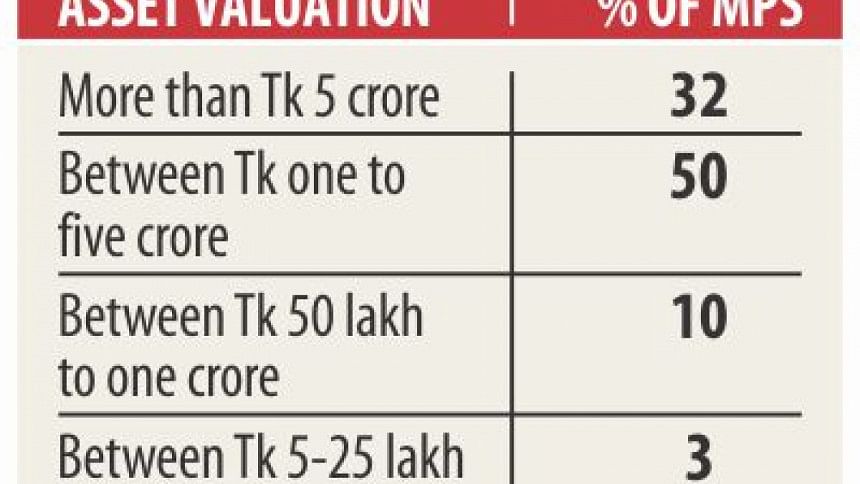
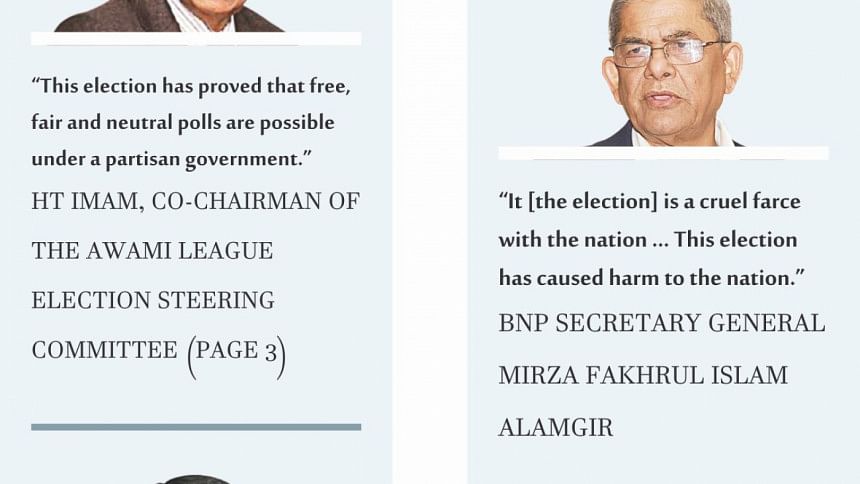
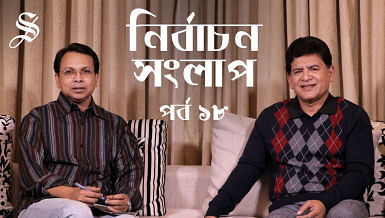
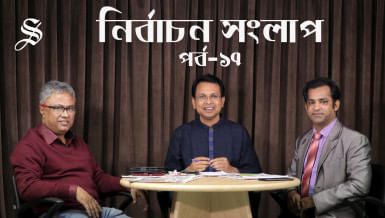
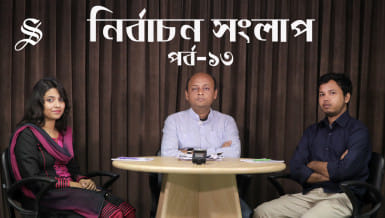
Leave your comments